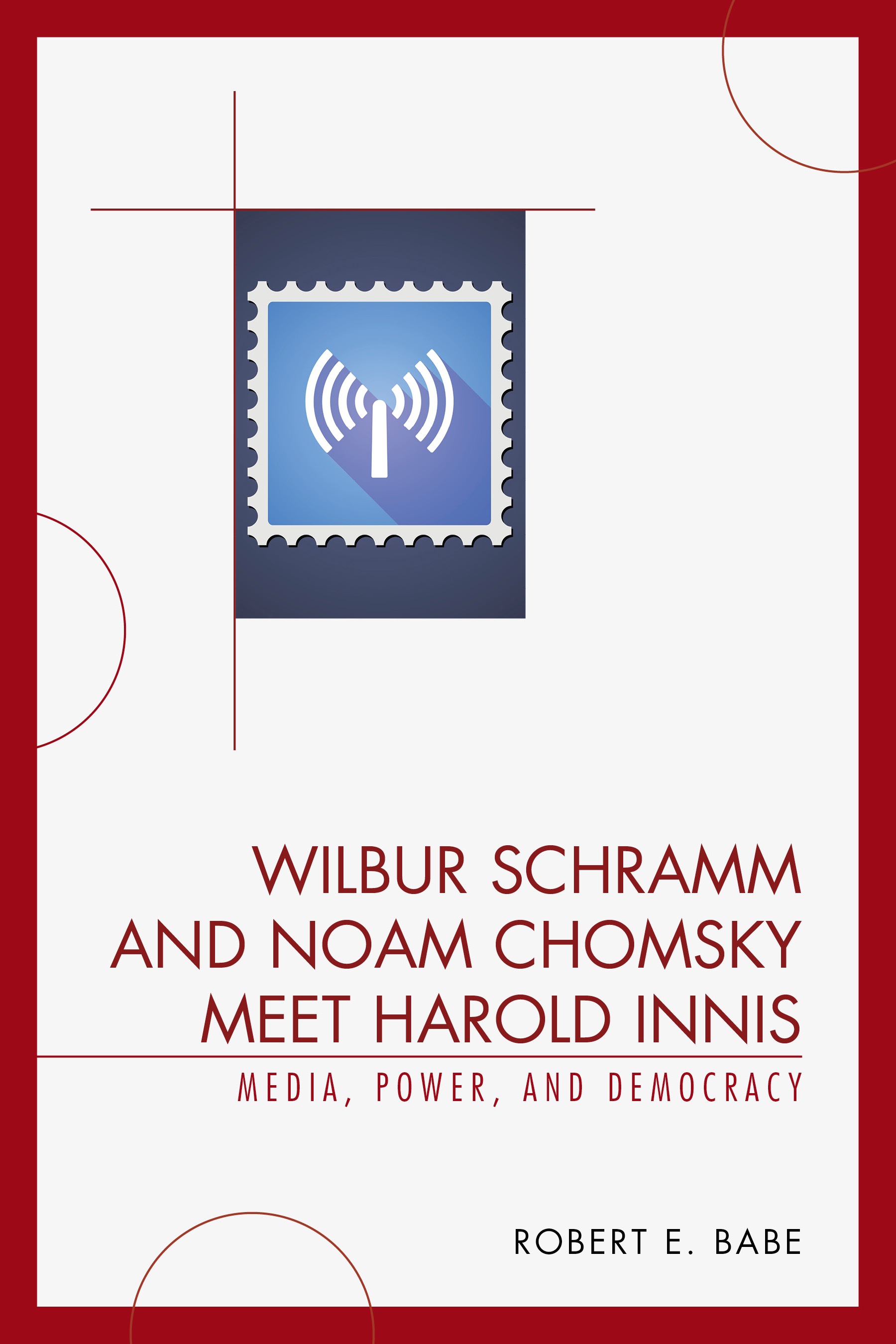Wilbur Schramm and Noam Chomsky Meet Harold Innis
Critical Media Studies
Series Editor: Andrew Calabrese, University of Colorado
This series covers a broad range of critical research and theory about media in the modern world. It includes work about the changing structures of the media, focusing particularly on work about the political and economic forces and social relations which shape and are shaped by media institutions, structural changes in policy formation and enforcement, technological transformations in the means of communication, and the relationships of all these to public and private cultures worldwide. Historical research about the media and intellectual histories pertaining to media research and theory are particularly welcome. Emphasizing the role of social and political theory for informing and shaping research about communications media, Critical Media Studies addresses the politics of media institutions at national, subnational, and transnational levels. The series is also interested in short, synthetic texts on key thinkers and concepts in critical media studies.
Titles in the Series
Global Communications: Toward a Transcultural Political Economy, edited by Paula Chakravartty and Yuezhi Zhao
Governing European Communications: From Unification to Coordination, by Maria Michalis
Knowledge Workers in the Information Society, edited by Catherine McKercher and Vincent Mosco
Democratic Communications: Formations, Projects, Possibilities, by James F. Hamilton
Hegemony in the Digital Age: The Arab/Israeli Conflict Online, by Stephen Marmura
Punk Record Labels and the Struggle for Autonomy: The Emergence of DIY, by Alan OConnor
From the Labyrinth of the World to the Paradise of the Heart: Science and Humanism in UNESCO's Approach to Globalization, by Vincenzo Pavone
The Laboring of Communication: Will Knowledge Workers of the World Unite?, by Vincent Mosco and Catherine McKercher
Cultural Studies and Political Economy: Toward a New Integration, by Robert E. Babe
Patronizing the Public: American Philanthropys Transformation of Culture, Communication, and the Humanities, edited by William J. Buxton
Beyond Monopoly: Globalization and Contemporary Italian Media, edited by MichelaArdizzoni and Chiara Ferrari
Information, Power, and Politics: Technological and Institutional Mediations, edited by Sarita Albagli and Maria Lucia Maciel
Corporations and Cultural Industries: Time Warner, Bertelsmann, and News Corporation, by Scott Warren Fitzgerald
Hidden Innovation: Policy, Industry and the Creative Sector, by Stuart Cunningham
Wilbur Schramm and Noam Chomsky Meet Harold Innis: Media, Power, and Democracy, by Robert E. Babe
Wilbur Schramm and
Noam Chomsky Meet Harold Innis
Media, Power, and Democracy
Robert E. Babe
LEXINGTON BOOKS
Lanham Boulder New York London
Published by Lexington Books
An imprint of The Rowman & Littlefield Publishing Group, Inc.
4501 Forbes Boulevard, Suite 200, Lanham, Maryland 20706
www.rowman.com
Unit A, Whitacre Mews, 26-34 Stannary Street, London SE11 4AB
Copyright 2015 by Lexington Books
All rights reserved. No part of this book may be reproduced in any form or by any electronic or mechanical means, including information storage and retrieval systems, without written permission from the publisher, except by a reviewer who may quote passages in a review.
British Library Cataloguing in Publication Information Available
Library of Congress Cataloging-in-Publication Data
Babe, Robert E.
Wilbur Schramm and Noam Chomsky meet Harold Innis : media, power, and democracy / Robert E. Babe.
pages cm. -- (Critical media studies)
Includes bibliographical references and index.
ISBN 978-0-7391-2368-3 (cloth : alk. paper) -- ISBN 978-1-4985-0682-3 (electronic)
1. Innis, Harold Adams, 1894-1952. 2. Schramm, Wilbur, 1907-1987. 3. Chomsky, Noam. 4. Mass media--Social aspects. 5. Economics--Sociological aspects. I. Title.
HM1206.B33 2015
302.23--dc23
2015001563
 TM The paper used in this publication meets the minimum requirements of American National Standard for Information Sciences Permanence of Paper for Printed Library Materials, ANSI/NISO Z39.48-1992.
TM The paper used in this publication meets the minimum requirements of American National Standard for Information Sciences Permanence of Paper for Printed Library Materials, ANSI/NISO Z39.48-1992.
Printed in the United States of America
To James Winter and Edward Comor, esteemed colleagues and friends
and
For every man, and woman, for all seasons
If a man love the labour of any trade, apart from any question of success or fame, the gods have called him.
Robert Louis Stevenson
To love truth for truths sake is the principal part of human perfection in this world and the seed of all other virtues.
John Locke
A history of the past is worthless except as a documented way of talking about the future.
Kenneth Burke
Acknowledgments
This book has benefited from the detailed critical scrutiny of Professors Edward Comor and James Winter, and from the work of my intrepid editor, Mike Babe, who helped author the final chapter. The book has benefited from suggestions and commentary by Mary Innis Cates and Anne Innis Dagg regarding the early chapters, and from Lexington Books anonymous referee. For all errors and omissions, of course, the author bears sole responsibility.
Appreciation is extended to Anne Innis Dagg on behalf of the Innis estate for permission to quote from Political Economy in the Modern State (The Ryerson Press, 1946).
Appreciation is extended to University of Toronto Press for permission to quote from the following chapters of Harold Innis, The Bias of Communication, copyright Canada by University of Toronto Press 1951: Minervas Owl, The Bias of Communication, A Plea for Time, The Problem of Space, Industrialism and Cultural Values, The English Publishing Trade in the Eighteenth Century, Technology and Public Opinion in the U.S.A., and A Critical Review. Reprinted with the permission of the publisher.
Introduction
Harold Innis
Harold Adams Innis (18941952) was originator or co-originator of two schools of thought. In the late 1920s and through the 1930s, he co-founded and became the most prolific expositor of the staples thesis of Canadian economic development, also known as the Toronto School of Economics. Then, in the last decade or so of his abbreviated life, he inaugurated medium theory,
Watkins is far from alone. John Bonnett enthuses that Innis is among the most profound thinkers Canada has ever produced,
Rarely is high acclaim unanimously given, and Innis certainly has had detractors. Foundational mainstream media scholars in the United States particularly were prone to dismiss Innis curtly as a media determinist British scholar, Richard Collins, likewise detected little merit in Inniss work, declaring:
[Innis] does not link his magpie collection of fascinating facts with his major propositions, does not demonstrate to the reader the necessity of his conclusions.... For a skeptical reader, Innis offers only a set of take or leave it dogmas, the arbitrariness of which is camouflaged by a thick frosting of sparkling informationfacts lining the nest of an intellectual magpie and concealing the fundamental intellectual disorderliness of Inniss system.

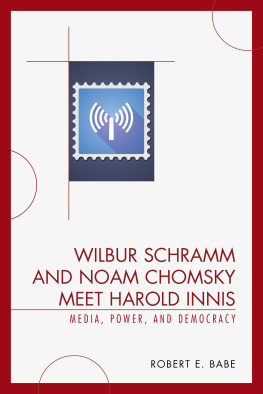
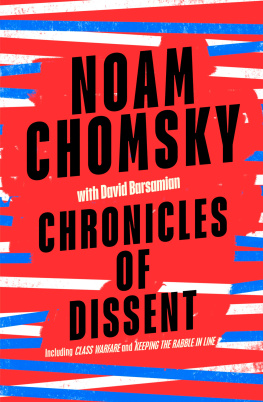
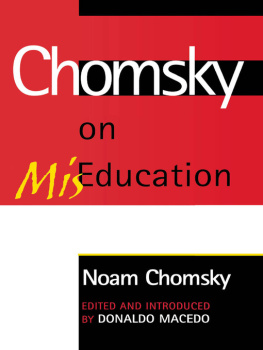


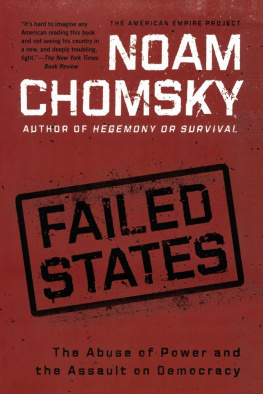
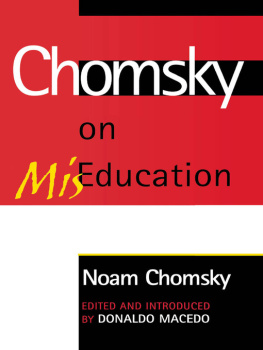

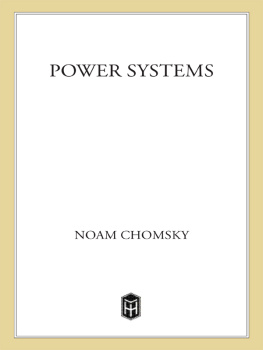
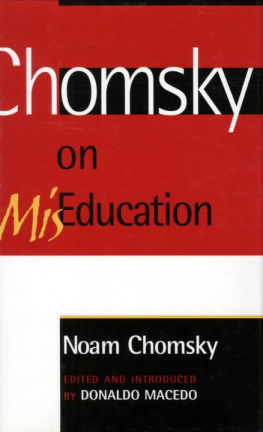

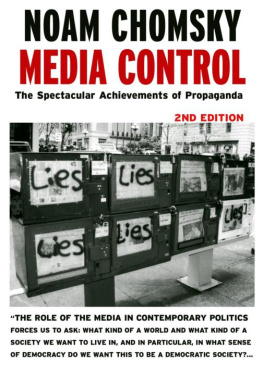
 TM The paper used in this publication meets the minimum requirements of American National Standard for Information Sciences Permanence of Paper for Printed Library Materials, ANSI/NISO Z39.48-1992.
TM The paper used in this publication meets the minimum requirements of American National Standard for Information Sciences Permanence of Paper for Printed Library Materials, ANSI/NISO Z39.48-1992.